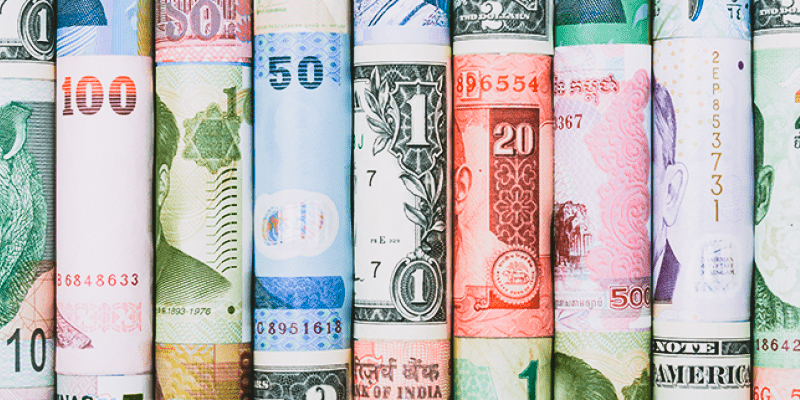Kenya’s export earnings surged by 15.4% in 2023, reaching a record-breaking KSh1 trillion for the first time.
Data from the 2024 Economic Survey shows that tea, Kenya’s leading export earner, brought in Sh188.7 billion. Horticulture followed closely behind, contributing Sh187.4 billion.
Apparel and clothing (Sh45.5 billion), coffee (Sh34.6 billion), and iron and steel (Sh32.3 billion) also played significant roles in this export boom, showcasing the country’s increasingly diversified export base.
Import Growth Outpaced by Exports
While imports grew moderately by 4.9% to Sh2.6 trillion, the export growth outpaced this increase resulting in a slightly narrower trade deficit of Sh1.6 trillion compared to Sh1.62 trillion in 2022.
Furthermore, Kenya’s export-import cover ratio improved to 38.6%, indicating a commendable decrease in reliance on imported goods from 35.1 per cent in 2022.
“Volume of trade increased to KSh 3,619.9 billion in 2023 from KSh 3,363.9 billion in 2022, representing a growth of 7.6 per cent. This was mainly attributable to increases in total exports earnings and total imports bill of 15.4 per cent and 4.9 per cent, respectively, over the review period,” reads part of the report on balance of trade.
On the import front, petroleum products remained the top category, with Sh606 billion spent on this essential commodity. Industrial machinery (Sh289.8 billion) and animal and vegetable oils (Sh139.1 billion) were also significant import items, reflecting Kenya’s ongoing investments in infrastructure and manufacturing.
The Kenyan Shilling lost value against most major international currencies during the period. This decline was reflected in the Trade Weighted Index (TWI), which worsened from 123.8 in 2022 to 138.3 in 2023 (a higher TWI indicates a weaker shilling).
Major currencies like the Japanese Yen, Swiss Franc, Euro, Pound Sterling, US Dollar, UAE Dirham, and Deutsche Mark all saw the Kenyan Shilling weaken by significant margins, ranging from 18.7% to 26.3%.
Key Trading Partners
Uganda emerged as the top export market, purchasing Sh126.3 billion worth of Kenyan goods.
Pakistan, the world’s largest importer of Kenyan tea, followed closely behind with Sh78.9 billion. The Netherlands (Sh76.3 billion), Tanzania (Sh69.3 billion), and the USA (Sh64.3 billion) rounded out the top export destinations.
China solidified its position as Kenya’s leading import source, supplying Sh459 billion worth of goods. The United Arab Emirates (UAE) also played a role, with Sh411.5 billion in exports to Kenya.
India, Saudi Arabia, and Malaysia completed the list of top import sources, contributing Sh269.2 billion, Sh145.2 billion, and Sh120.5 billion respectively.




